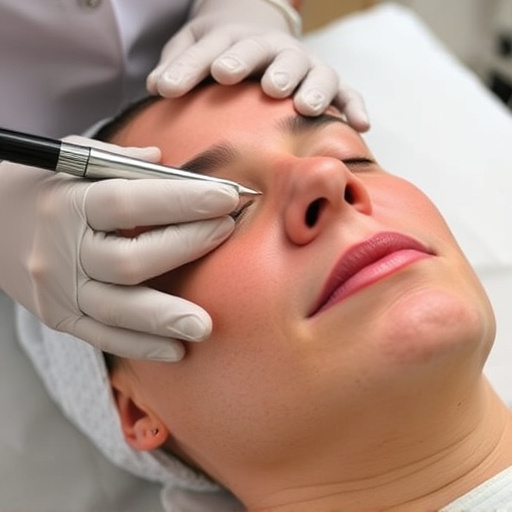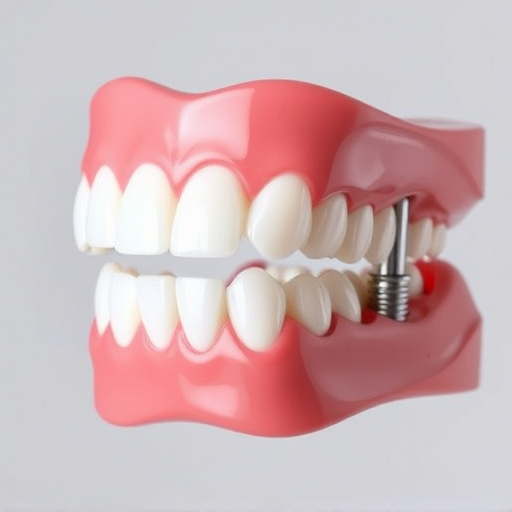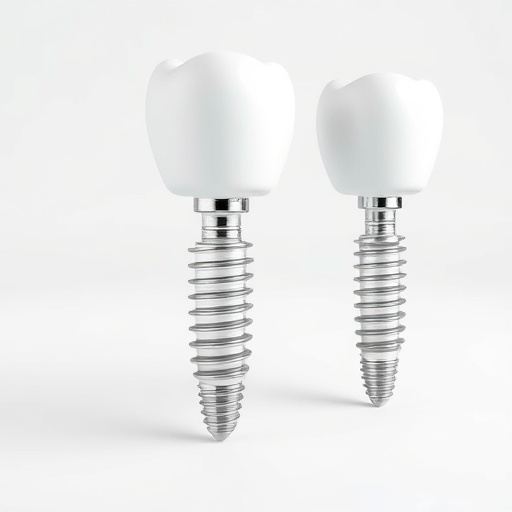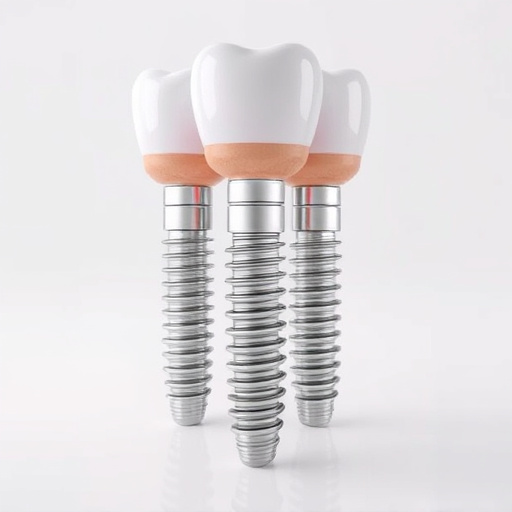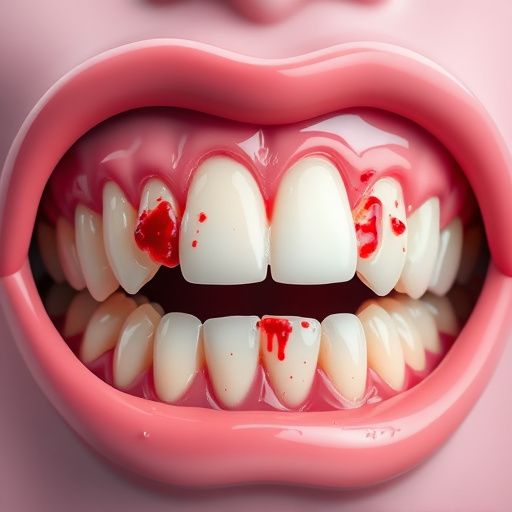Oral sedation dentistry provides a calming alternative for patients with dental phobias or extreme anxiety, enabling them to receive necessary treatments like extractions, cleanings, and fillings without usual stress. Despite potential side effects like dizziness or nausea, especially on an empty stomach, and medication interactions, it has proven successful for many, offering short-term anxiety relief and improved oral health.
Considering oral sedation dentistry? It offers a relaxing alternative for dental procedures, inducing a calm state through medication. This article delves into the world of oral sedation, exploring its benefits and risks, ideal candidates, and safety protocols. Learn how this method can simplify your dental visits, from routine check-ups to complex treatments. Discover if oral sedation dentistry is the right choice for you, weighing the pros and cons to make an informed decision.
- Understanding Oral Sedation: Benefits and Risks
- Who Is a Good Candidate for This Procedure?
- Safety Measures and Common Procedures Using Oral Sedation
Understanding Oral Sedation: Benefits and Risks
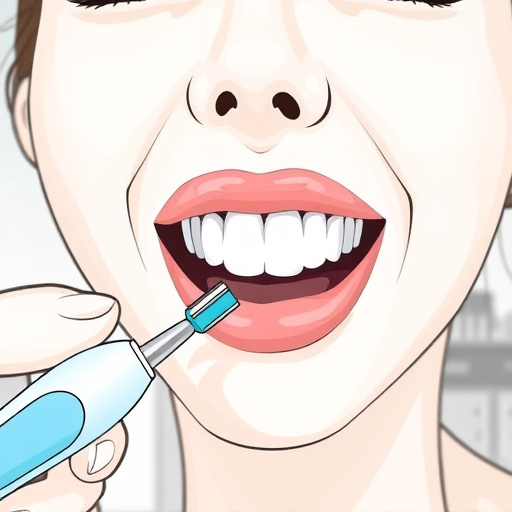
Oral sedation dentistry offers a unique approach to managing dental procedures, providing patients with a calm and comfortable experience. This method involves the use of sedative medication taken orally, allowing individuals to relax and feel less anxious during treatments. One of the key benefits is its ability to make complex or lengthy dental work more bearable for those who experience dental phobias or extreme anxiety. By reducing fear and discomfort, oral sedation can enable patients to receive necessary care, such as tooth extractions, dental cleanings, or cosmetic fillings, without the usual stress associated with these procedures.
However, like any other form of sedation, it is not without risks. Side effects may include dizziness, nausea, or blurred vision, especially when taken on an empty stomach. It can also interact with certain medications, so patients must disclose their full medical history to ensure safety. Despite these potential drawbacks, oral sedation dentistry has proven successful for many individuals seeking a less intimidating dental experience, offering both short-term relief from anxiety and the opportunity to improve overall oral health.
Who Is a Good Candidate for This Procedure?
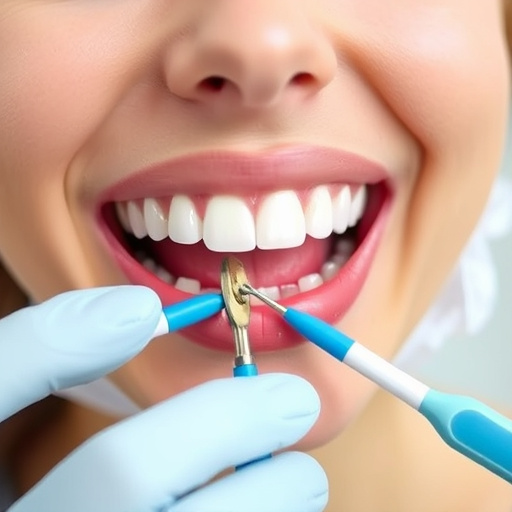
Many individuals who experience dental anxiety or fear could benefit from oral sedation dentistry. This procedure is designed to help patients relax and feel at ease during dental treatments, making it ideal for those who might otherwise avoid necessary dental care due to stress or discomfort. A good candidate for oral sedation is someone with a history of anxiety or phobia related to dental procedures, whether it’s a fear of needles, the noise of drills, or simply feeling uncomfortable in a dental chair.
If you have tried other methods to manage your dental anxiety, such as clear aligners or general dentistry techniques focused on preventive care, but still find yourself avoiding appointments, oral sedation could be a game-changer. It allows for more comprehensive and timely dental care by addressing the underlying causes of anxiety, ensuring that patients can receive the treatment they need without the usual hurdles.
Safety Measures and Common Procedures Using Oral Sedation
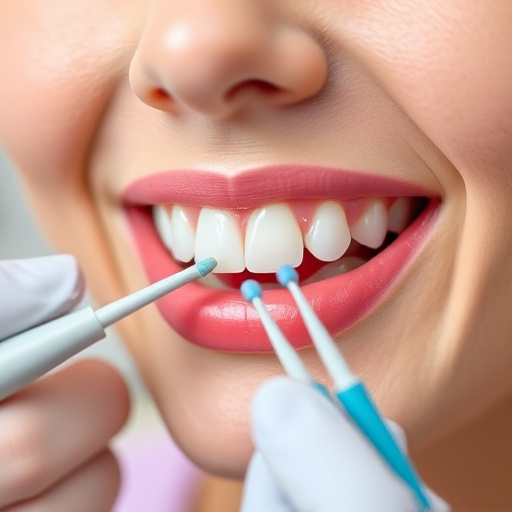
Oral sedation dentistry is a safe and effective method for managing dental anxiety, allowing patients to undergo necessary procedures while feeling relaxed and comfortable. Before starting, your dentist will thoroughly assess your medical history and discuss potential risks and side effects. This includes evaluating any pre-existing conditions, medications, and overall health to ensure optimal safety during the process. Common oral sedation procedures involve administering a sedative drug, often in pill form or through a liquid solution, which acts by slowing down brain activity, inducing a state of calmness and reducing anxiety.
During treatment, patients may experience mild to moderate relaxation, similar to that of a deep meditation state. This can make dental procedures feel less daunting and uncomfortable. In the context of general dentistry, oral sedation is used for various tasks, from routine cleanings and fillings to more complex treatments like root canals or clear aligner therapy in preventive dentistry. The procedure is closely monitored by dental professionals who will adjust the dosage as needed to maintain patient comfort throughout.
Oral sedation dentistry can be an excellent option for individuals seeking a comfortable dental experience. By understanding the benefits, risks, and eligibility criteria, you can make an informed decision. If you’re suitable for this procedure, it offers a safe and effective way to manage anxiety during dental work. Always consult with a qualified dentist who can guide you through the process, ensuring your comfort and well-being. Remember, oral sedation dentistry is not just about relaxation; it’s about achieving quality dental care without the usual stress.




